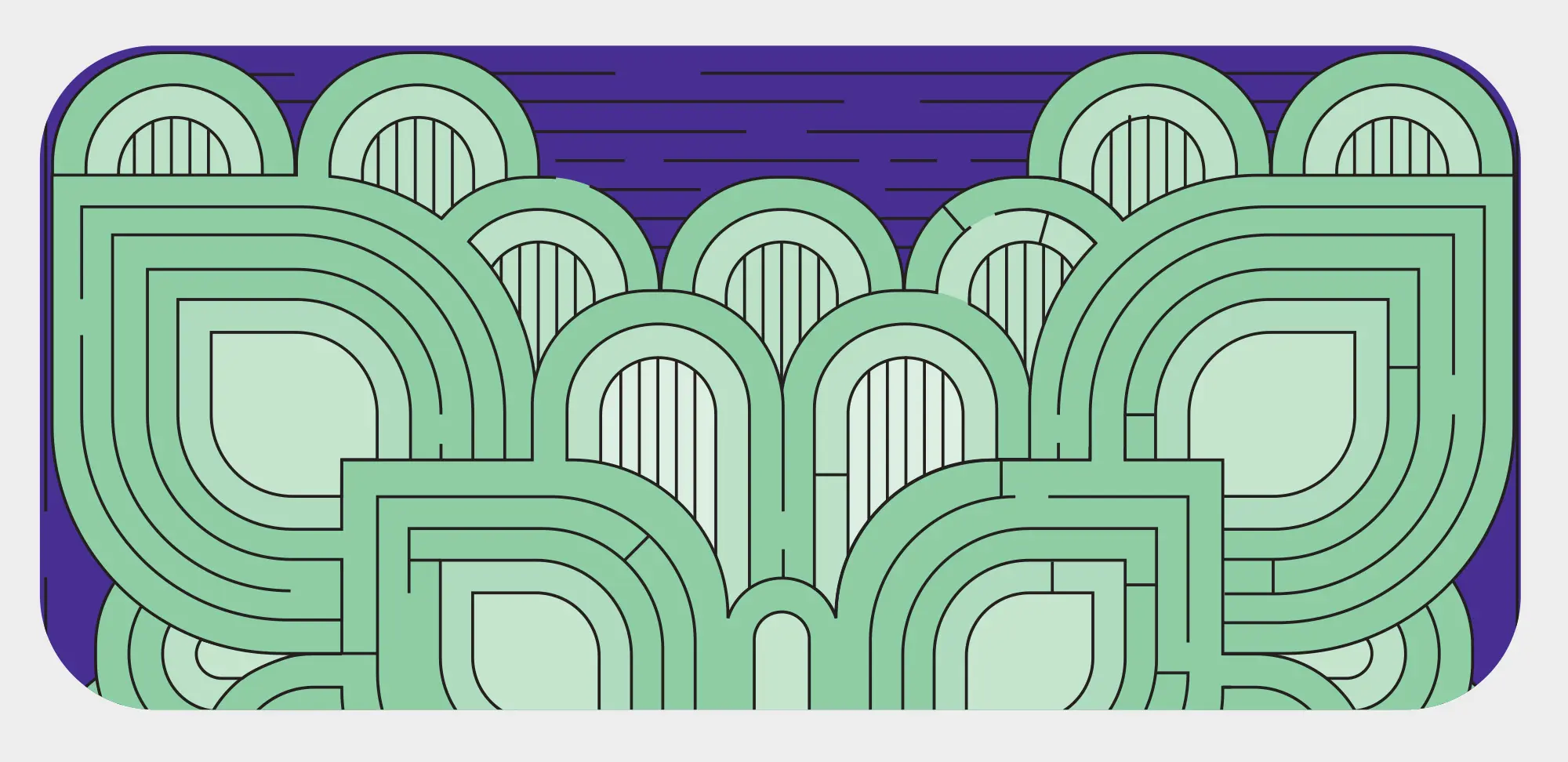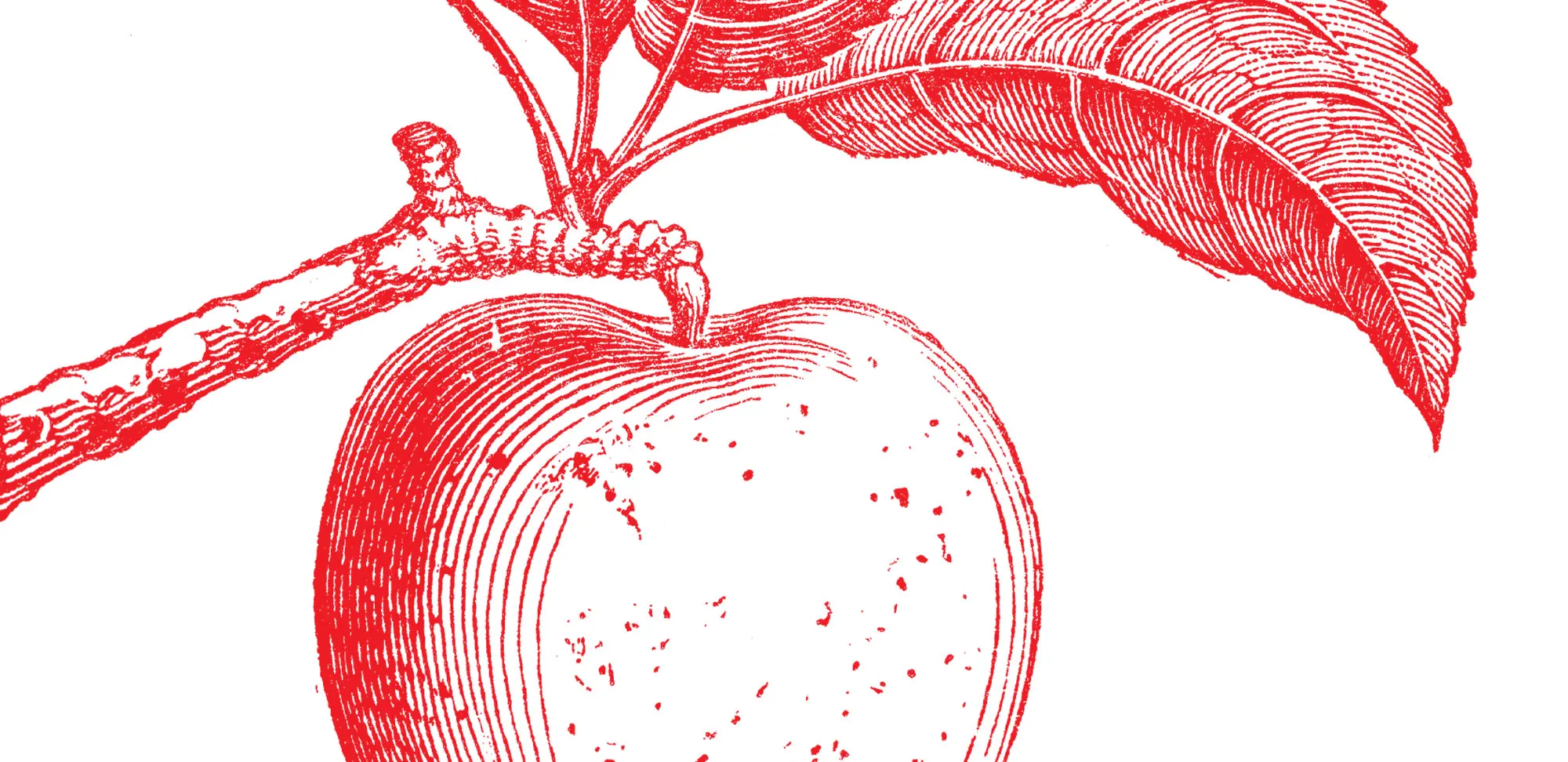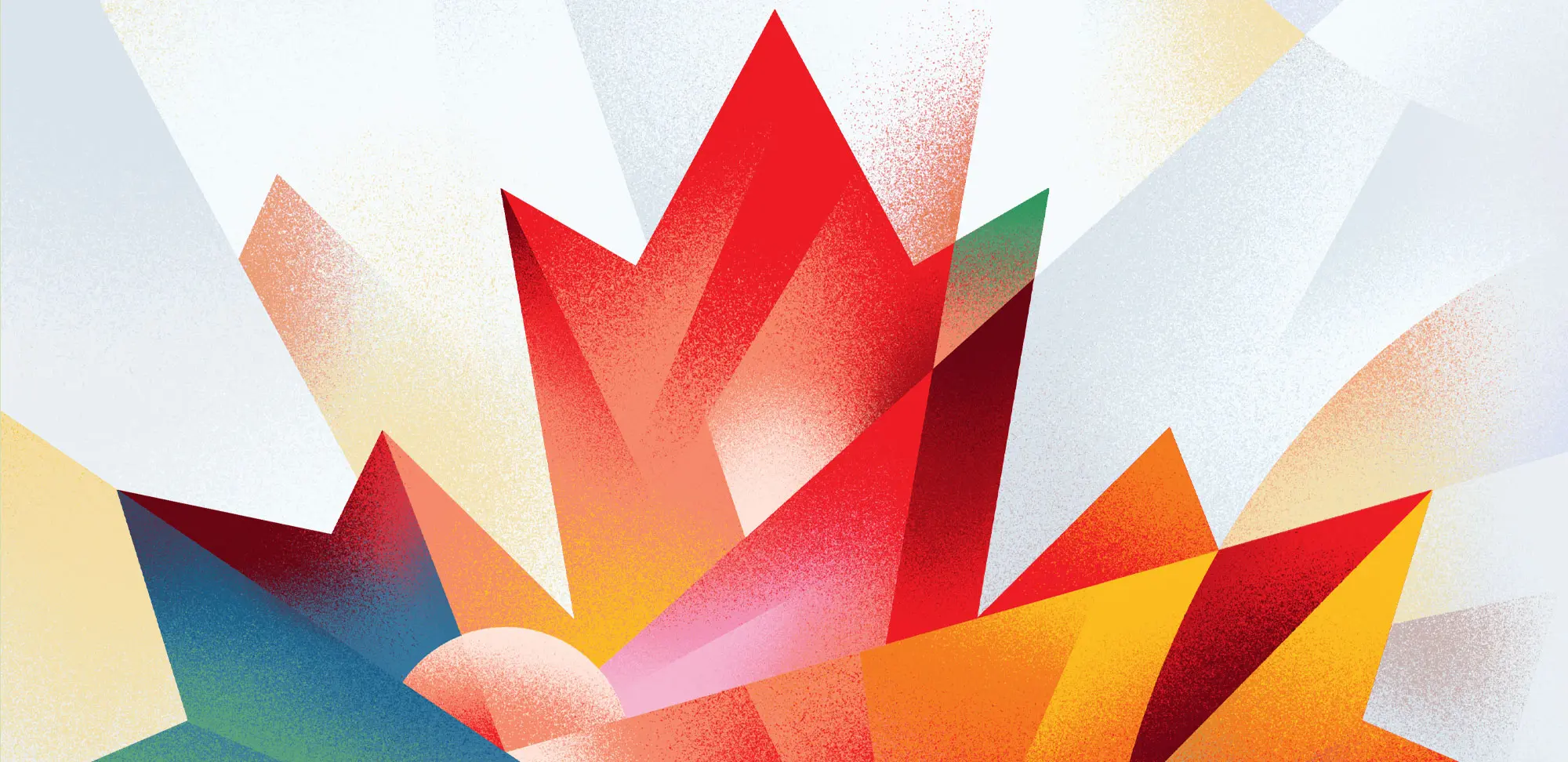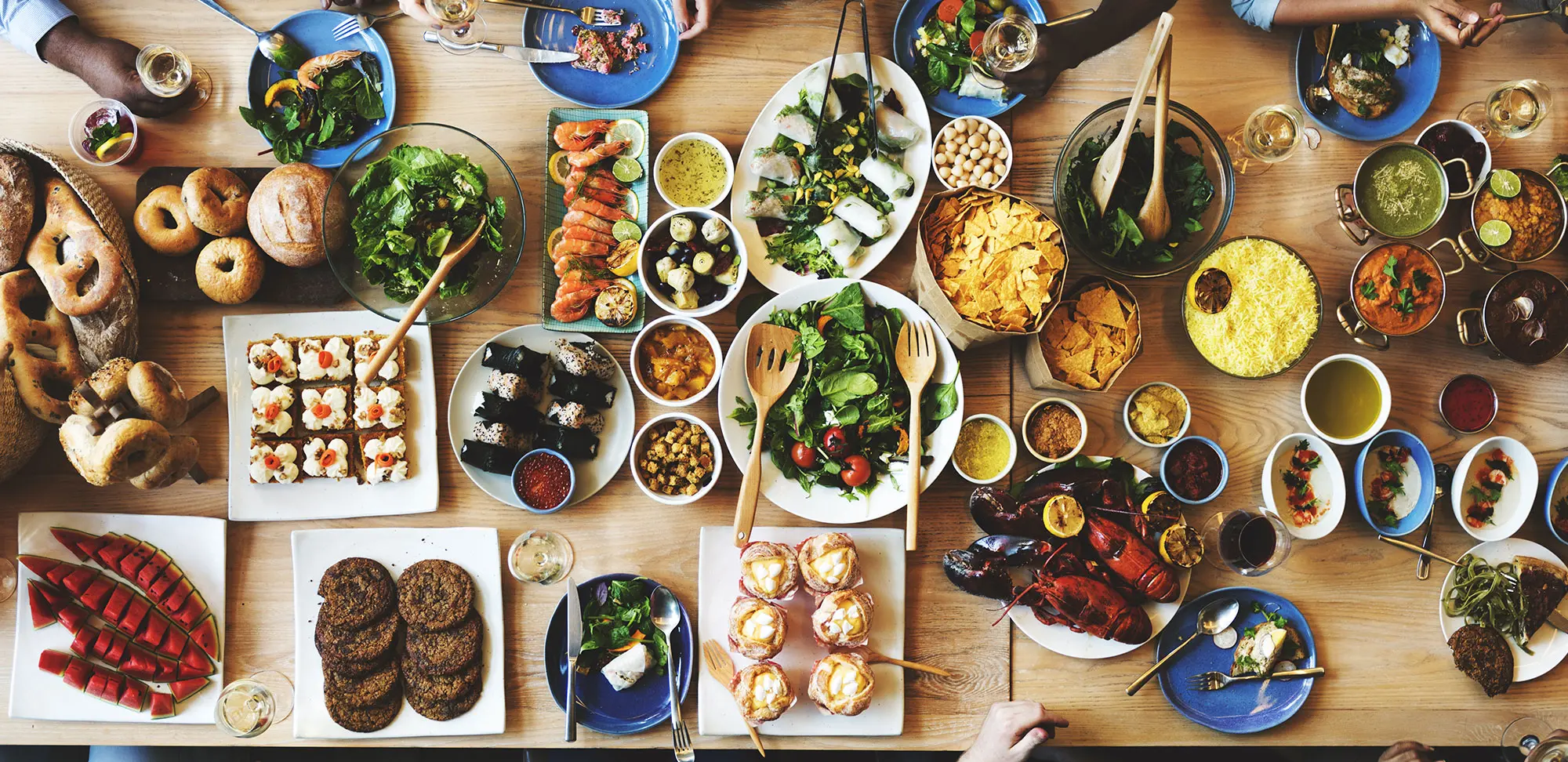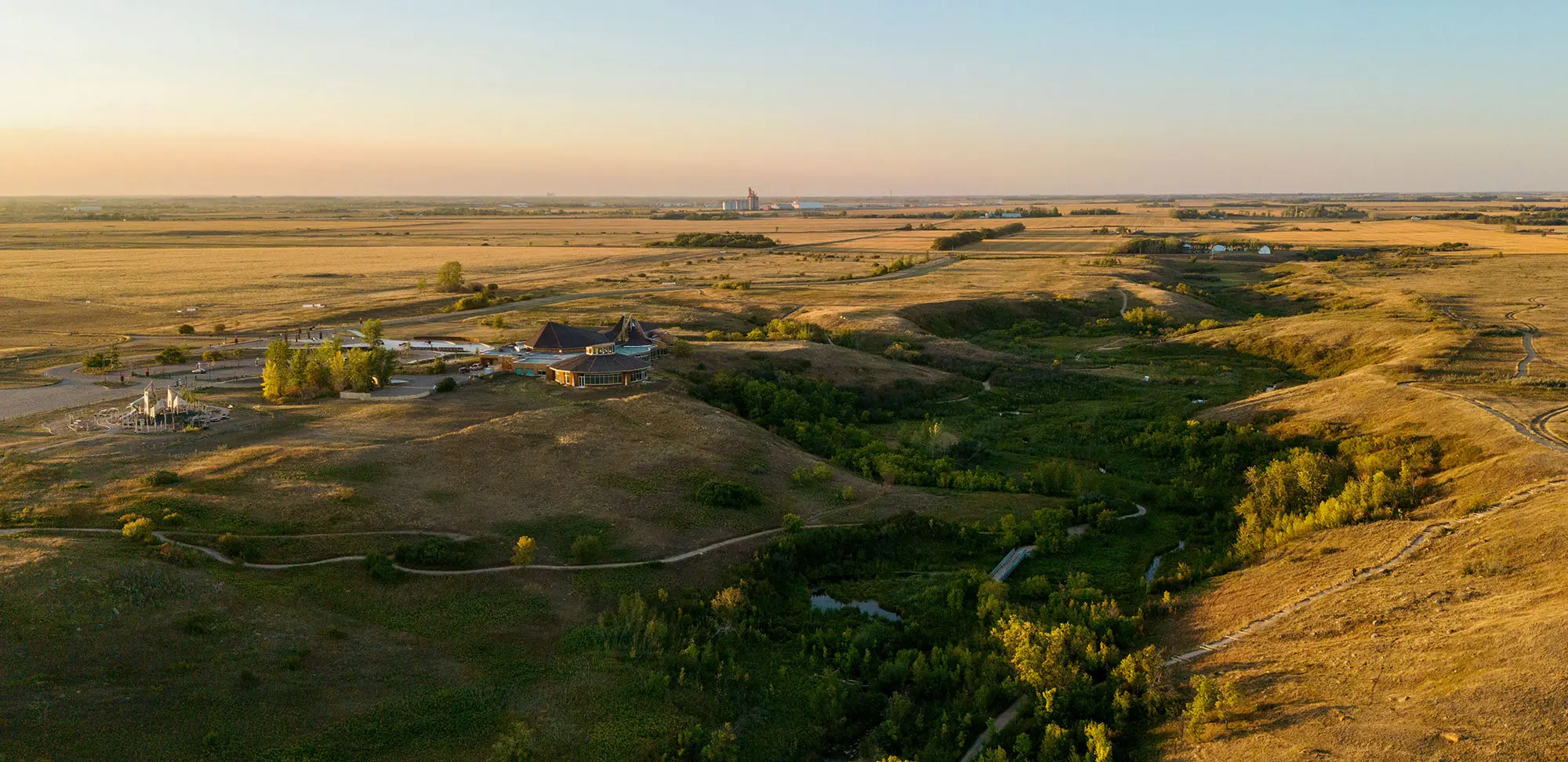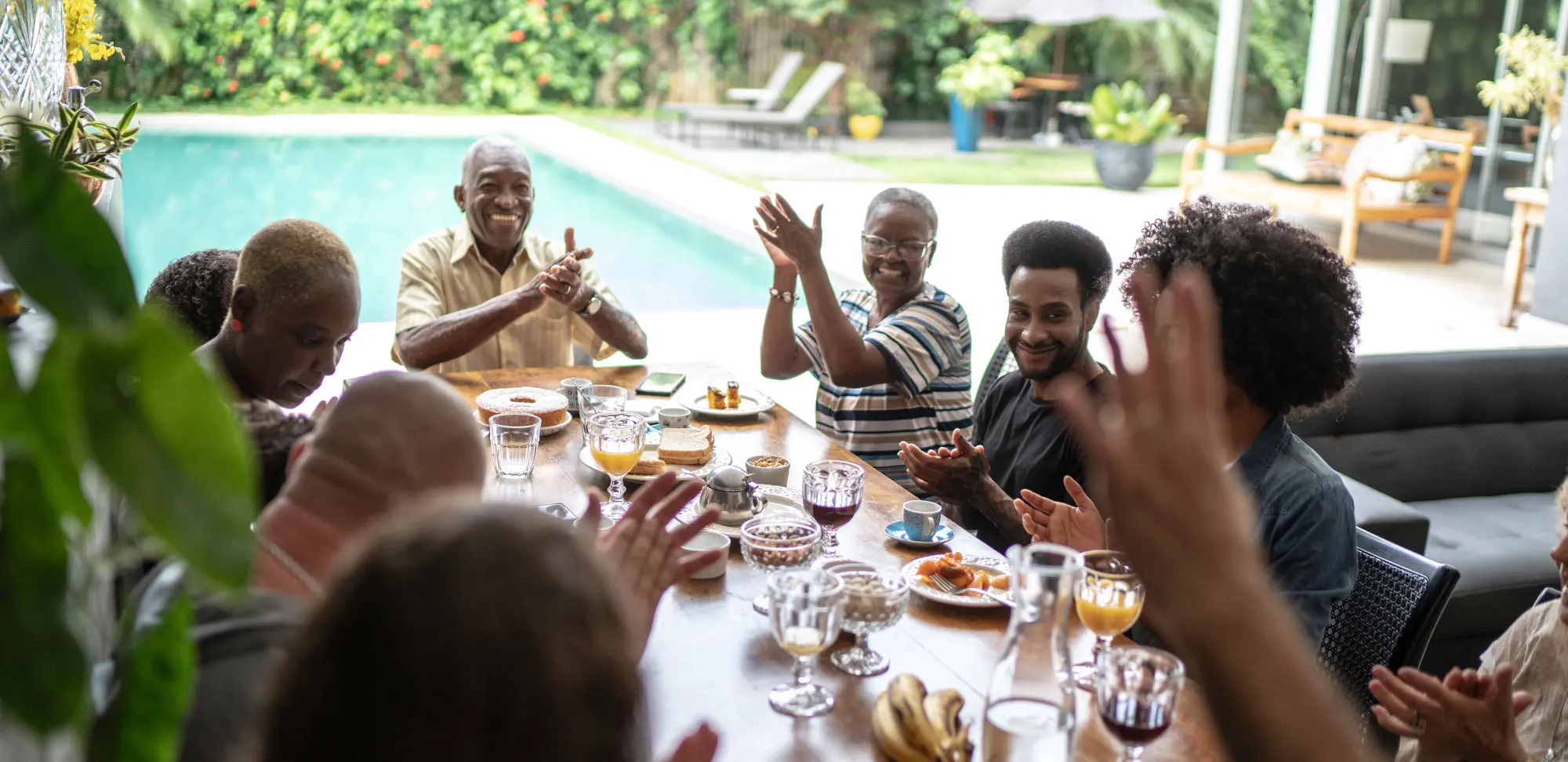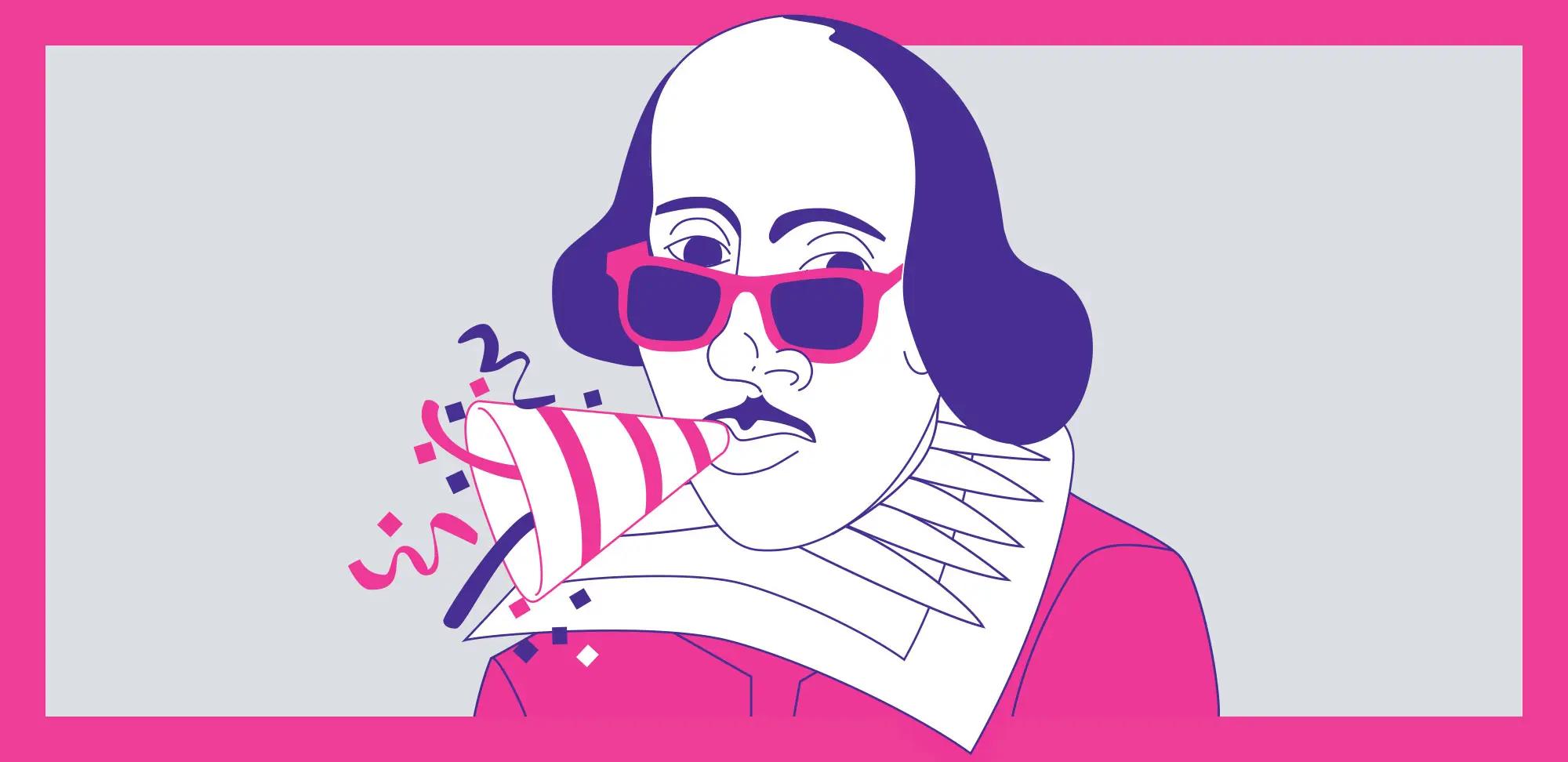A few years ago, I read a Maya Angelou quote: “When we know better, we do better.”
She gave me something to think about.
The more we know, the more we grow. Sometimes that knowledge comes from an experience, other times from a thought that simmers somewhere in our subconscious and then surfaces, changing us in the process. It is a bit like struggling with the last three or four words of a crossword puzzle — eventually the answer will pop right into place as if by magic.
Children rely on intuitive wisdom; they sense danger and so — usually — make careful choices. I wonder whether kids with helicopter parents get a chance to try different things, fail or succeed, and learn to be better in some way.
Let me explain what I mean through the lens of Maya Angelou’s remark.
In the 1940s and ’50s, my brothers, Glen and Fred, and I grew up on a farm in South West Oxford Township, known then as Dereham. Our parents were very busy working at least 12 hours a day, seven days a week. We crossed paths during mealtime and at the end of the day in the earlier years. The rest of the time we were free-range kids running loose everywhere and anywhere, just like the chickens in the yard.
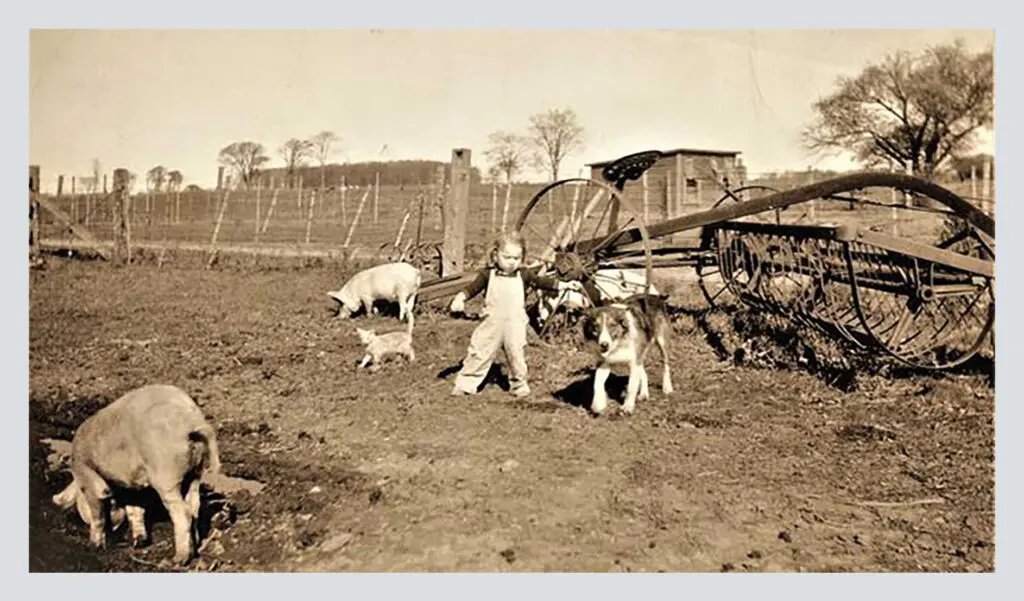
Here are some examples of what we did that our parents either did not know about or learned about later. We loved to climb. My older brother Glen was about three when he climbed to the top of the empty silo and eventually made his way back down while adults watched in horror. I climbed up the inside of a hollow tree and carefully worked my way back down. The three of us at different times climbed up the hay chute to the window at the peak of the hip-roofed barn to see what the countryside looked like from up there. Brother Fred even brought a camera with him to take a few photos. As I recall, it was rather scary as the pieces of wood where we had to place our feet were quite a distance apart for little people. I chose wisely to never do that again.
We rode our horses bareback, unsupervised; one time my brother was found sleeping on the back of a horse after one of the many times he went missing.
There were other times we pushed our luck a bit too far and had not really thought about knowing better, even though that was in the back of our minds. After helping ourselves to the nails in Dad’s garage for a building project, we got caught and learned there was a better choice. We were given permission to walk a few miles to where an old barn had collapsed to pull out reusable nails. This was one more lesson, teaching us that if you want something, you work for it.
Just after we had our first telephone installed, my brother Fred and I decided it would be fun to utter a few unsavoury words on the phone for the benefit of the folks using the party line. We were caught, spanked and sent to bed without supper. Another time, Fred and I were so very curious about what made the doll squawk that we performed surgery on her. When we discovered the cylinder in her torso, we ran excitedly to the kitchen to show Mom what we’d found. She blew (a rarity)! The doll, squawker, clothes and all were tossed into the stove and burned to cinders. This doll, among other things, would have been purchased with the egg money, so I get her disappointment.
A few years later, I was beginning to see the benefit of doing better in a kinder way. When Fred fell on the ice, I pointed at him and laughed, then suddenly felt my feet go out from under me. I fell and broke the buckle on my coat. At that moment I knew I must do better than this: Show empathy instead.
Life on a farm was a closed and sheltered environment. We weren’t exposed to the outside world: I was a young adult when I learned that we were referred to as WASPs. So when a self-employed man of colour arrived at our farm to do some cement work, we were dumbstruck: We had never seen anyone who looked different from us.
Mom solved that problem. She invited him to share lunchtime with us, and we learned a valuable lesson: We are all people with the same needs and goals. We are one.
This next experience is about our family tragedy. It still lives in my heart and soul and was the most impactful of all. At the end of my first week of teaching, I lost my brother Glen when he was killed on his motorcycle near Delhi, Ont. The shock and numbness were extreme. Dad and Fred came to where I boarded to break the news and take me home. When we arrived, I was shocked even further to see the community rallying around us. One lady was already at our house ironing shirts. Others sent food in abundance. Still more came and went before, during and after the funeral.
It is all a blur in my mind now, except I do remember, clearly, standing outside looking down at the ground and seeing a dandelion alive and well, looking up at me from the grass, and thinking that likely Glen saw that very same dandelion the day before.
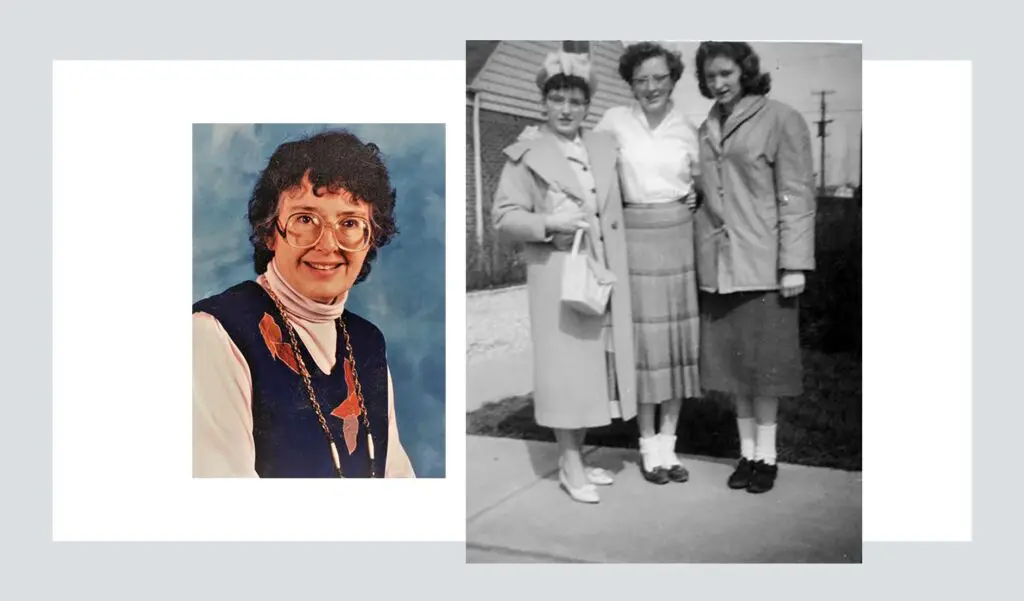
Along with all this immediate support, I was amazed to read all the cards and letters we received in the next couple of weeks. So many people wrote thoughtfully about their wonderful memories of Glen. We were touched and never forgot all of those kind gestures and words of comfort. I do my best to reciprocate the community kindnesses in like fashion. I learned about grief and how to respond to others in similar circumstances. It is not good enough to simply add my signature to a card.
When we know better, we do better! Education combined with personal experiences should make us the kinder people we are meant to be.
